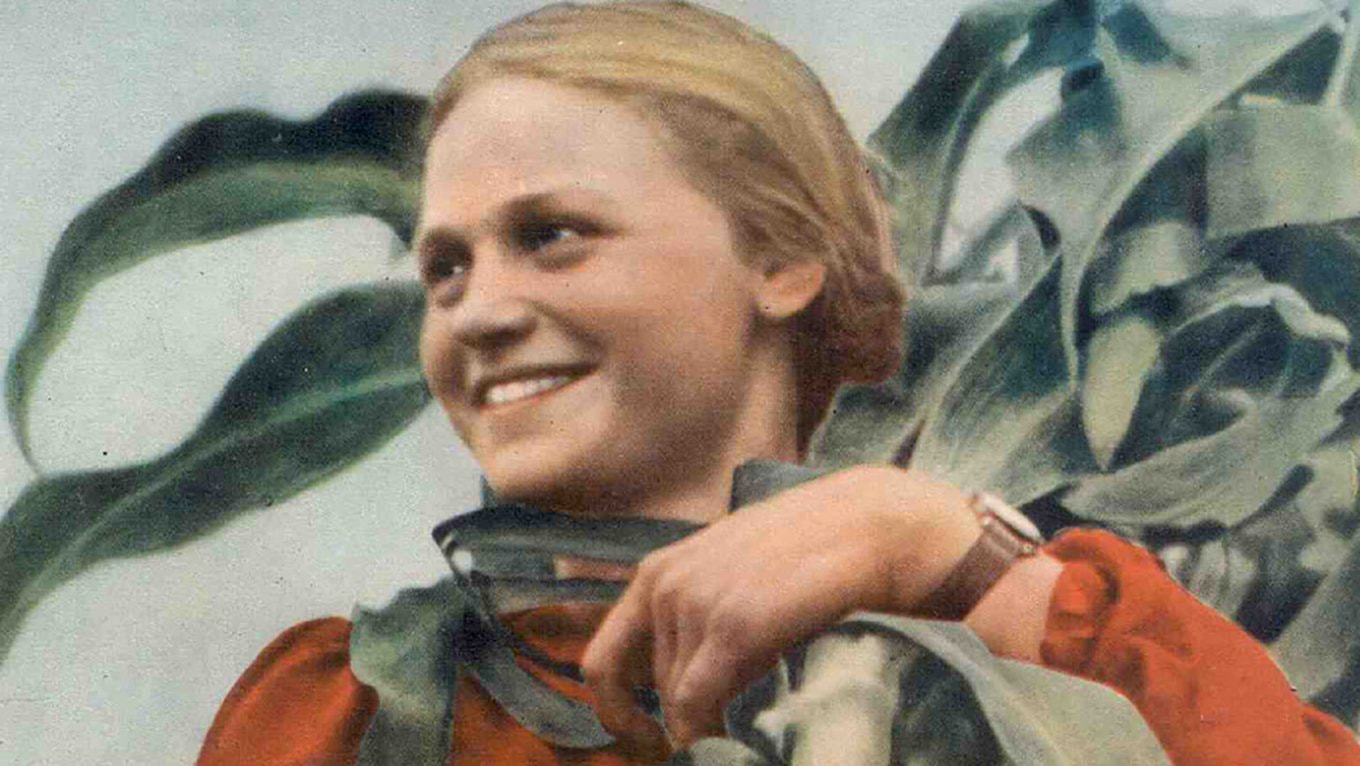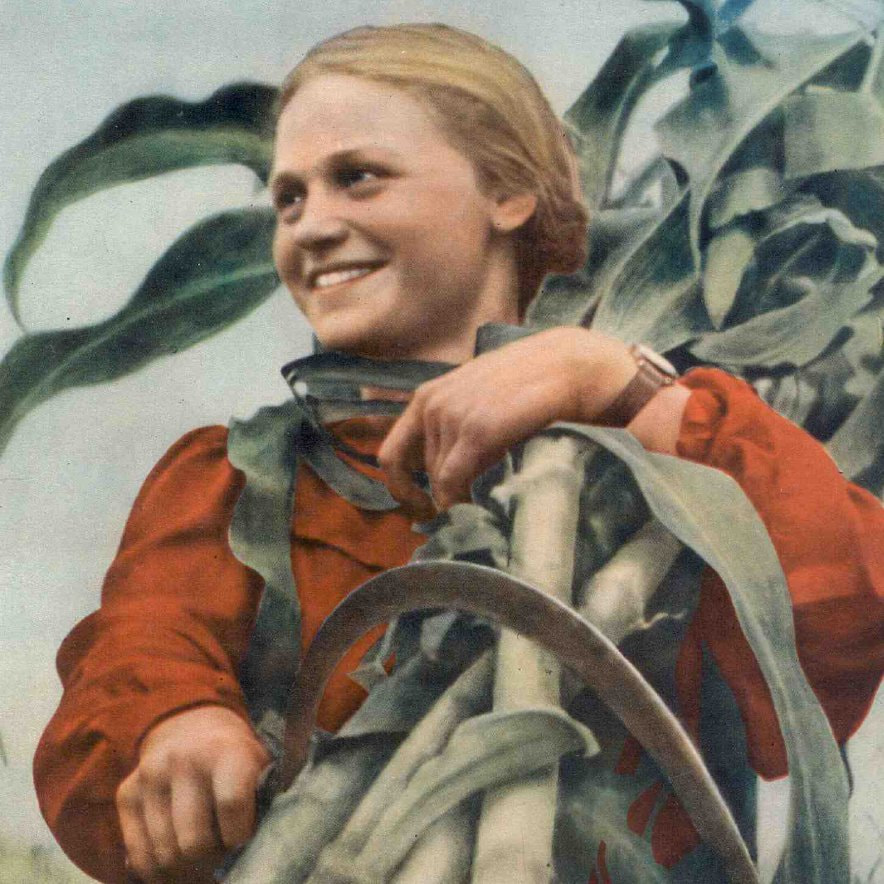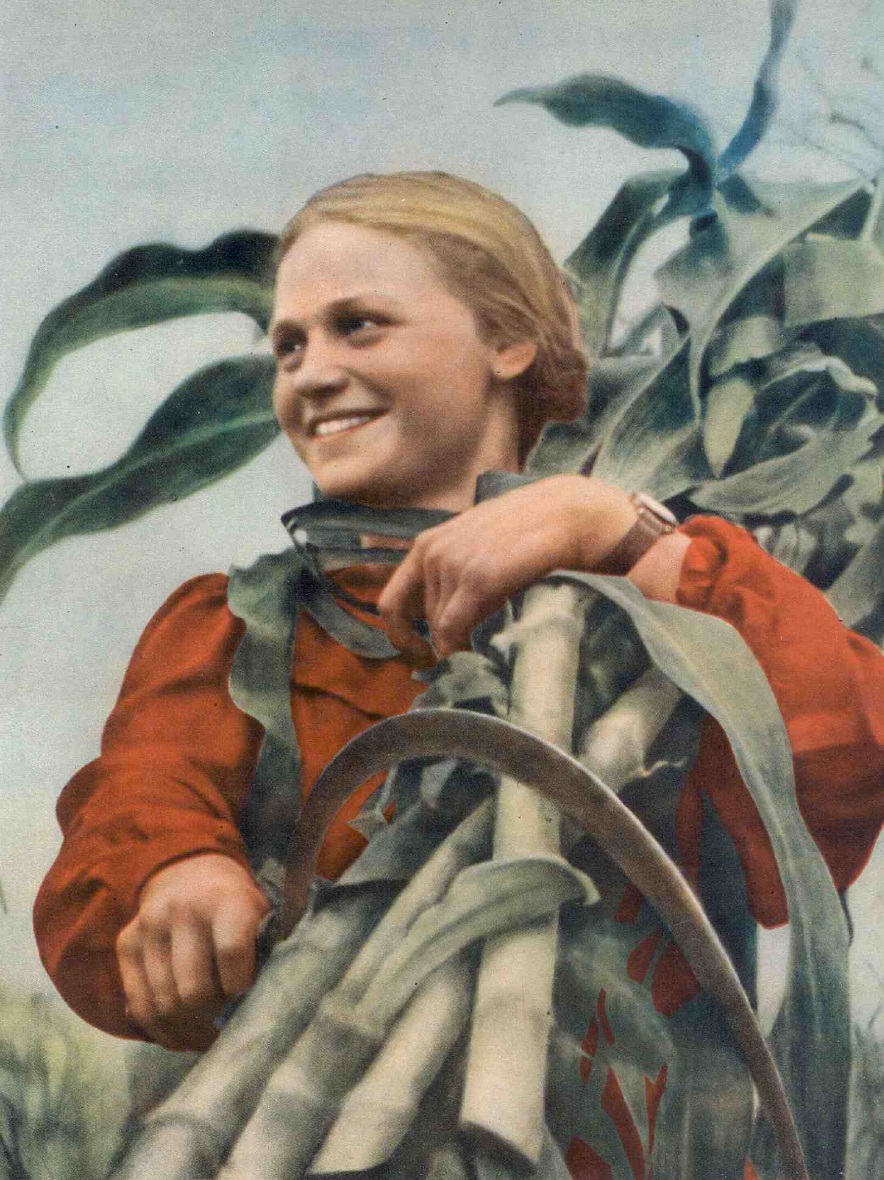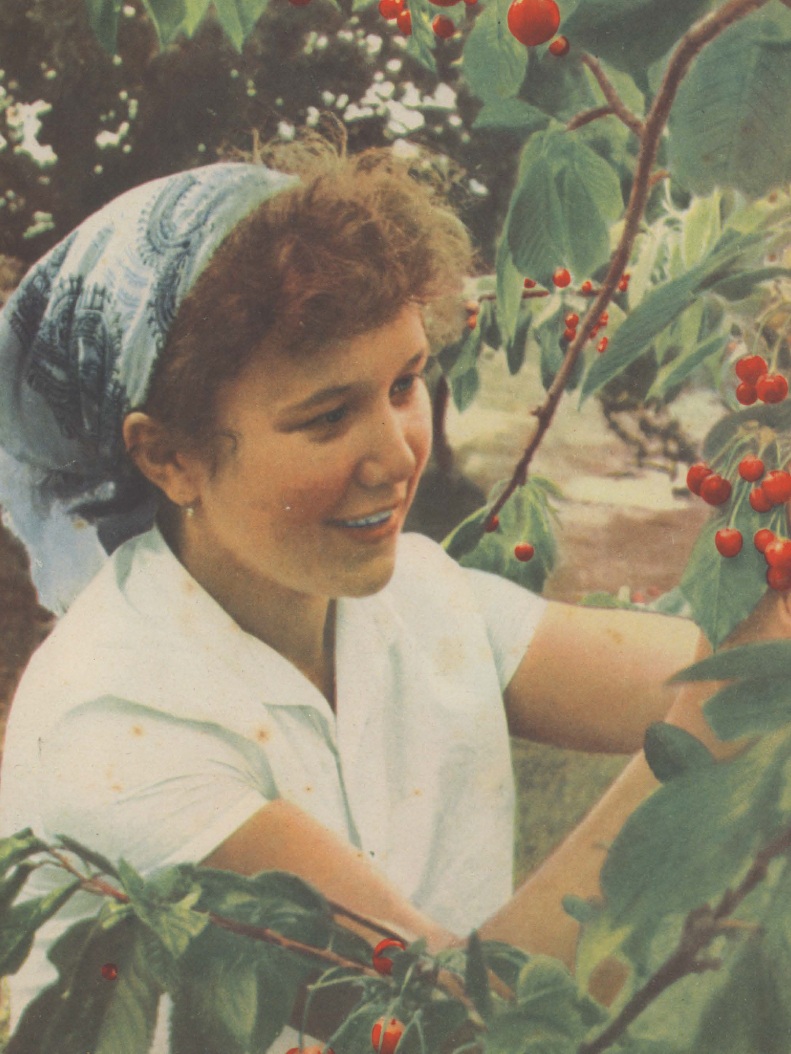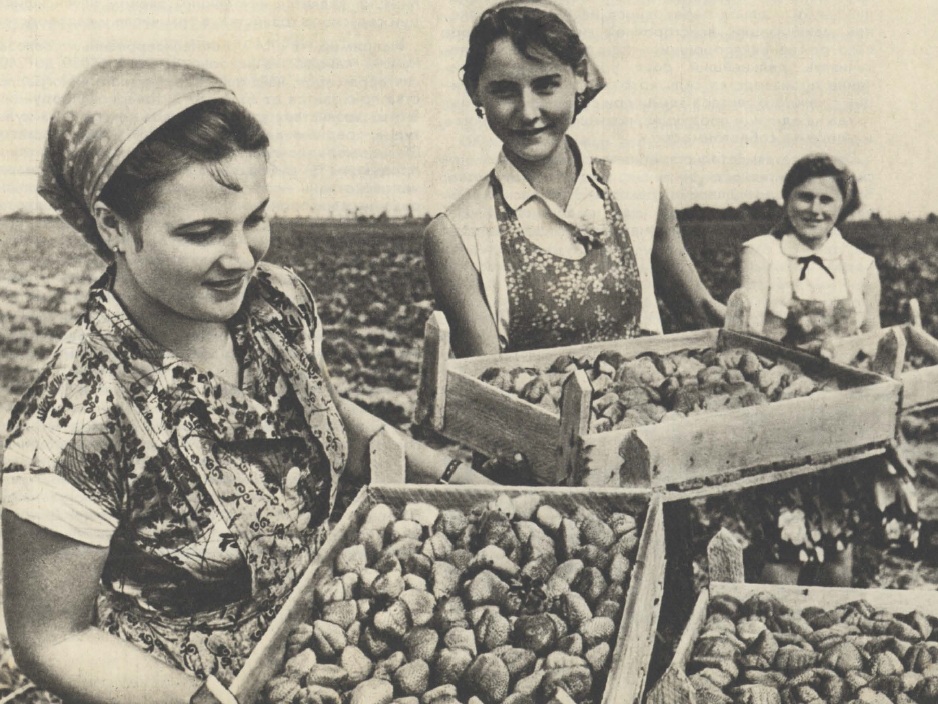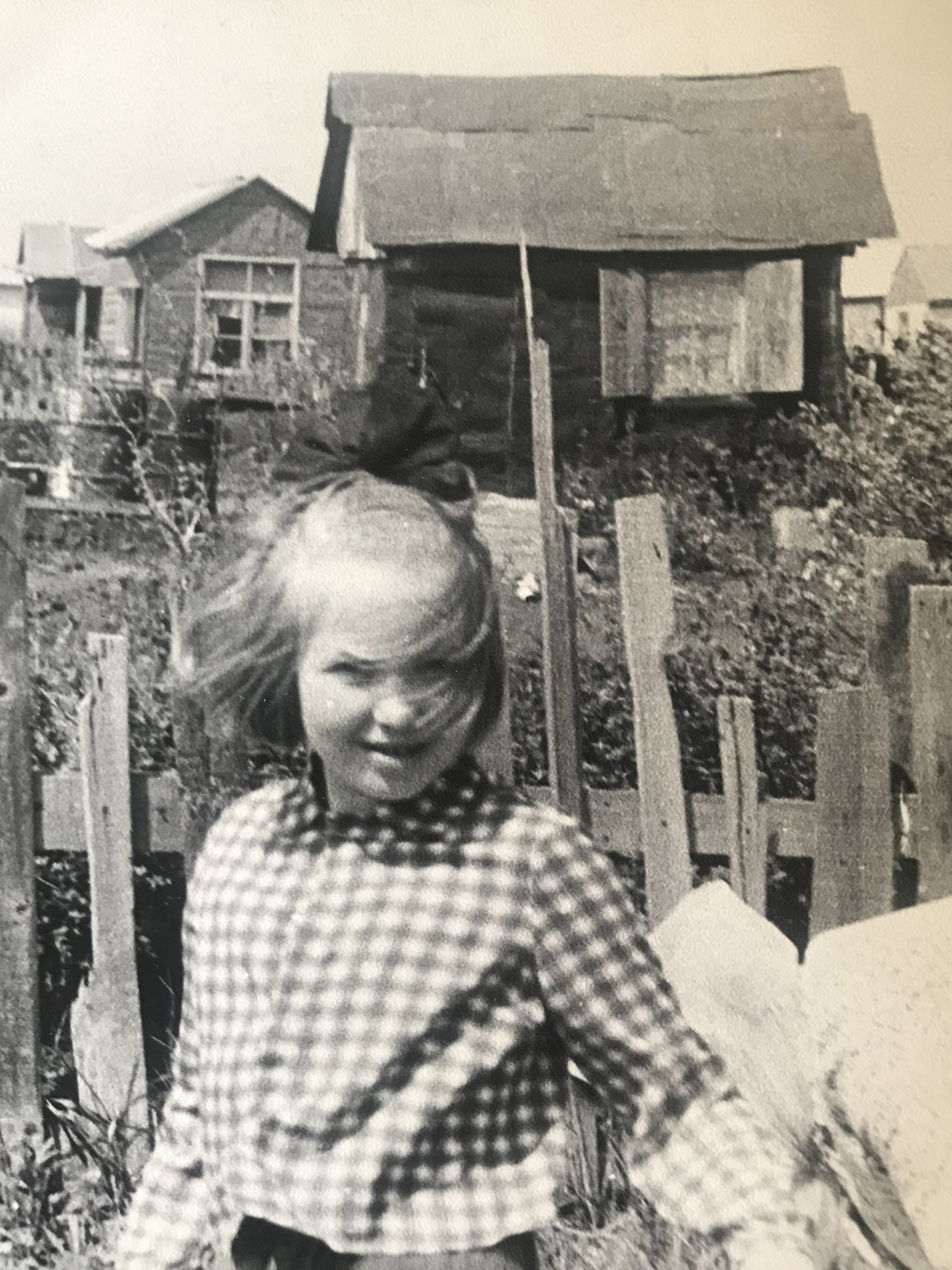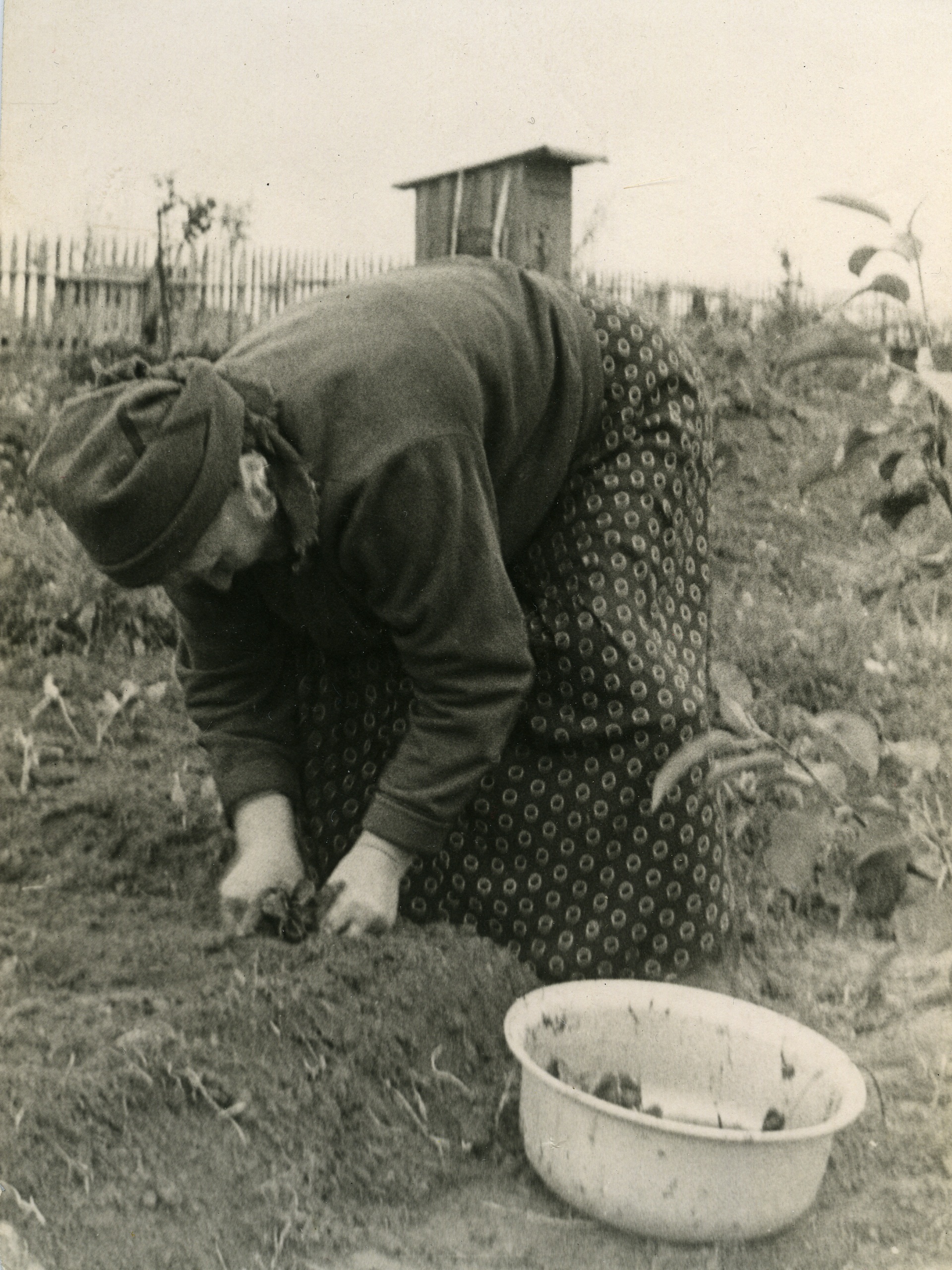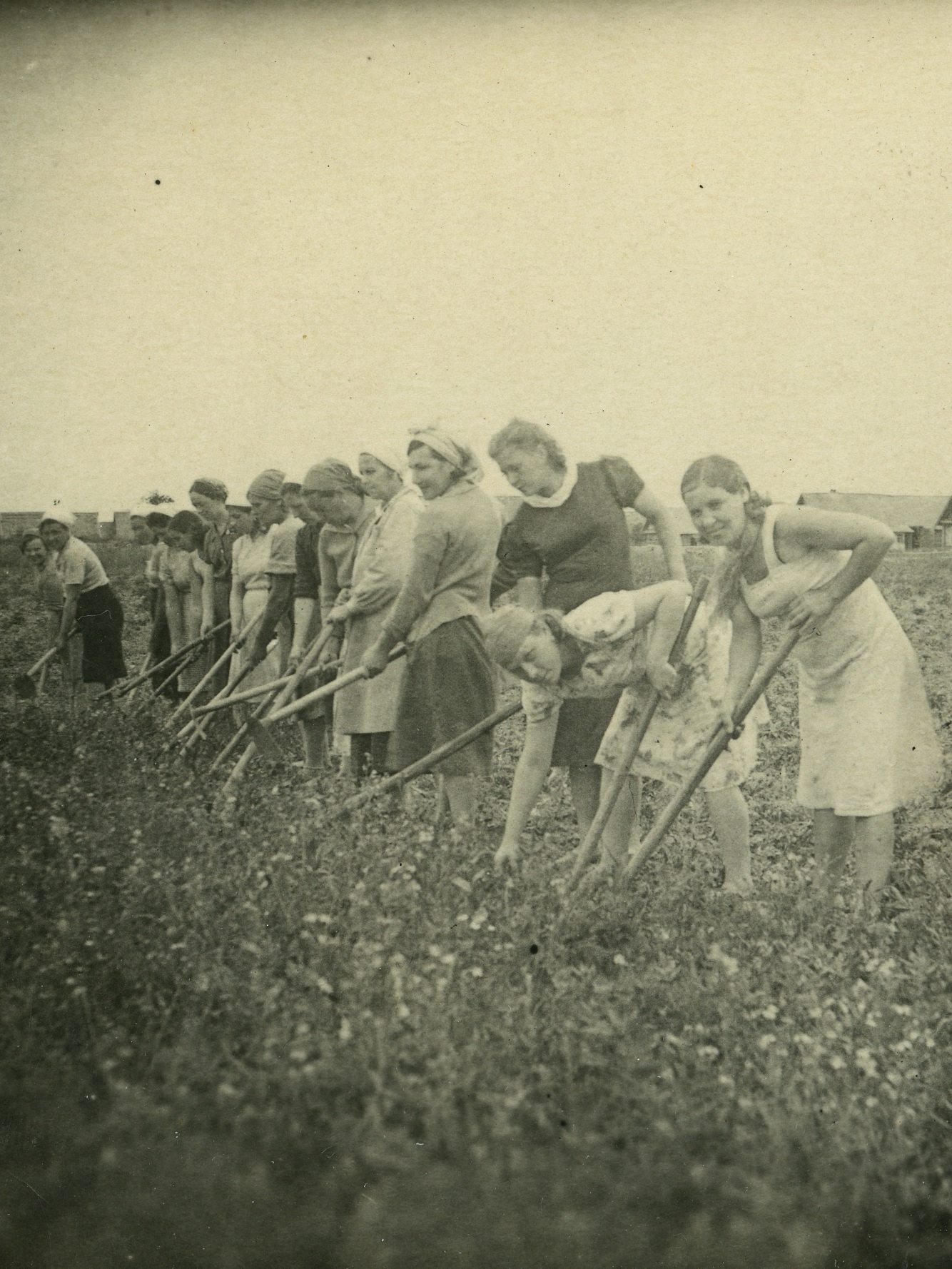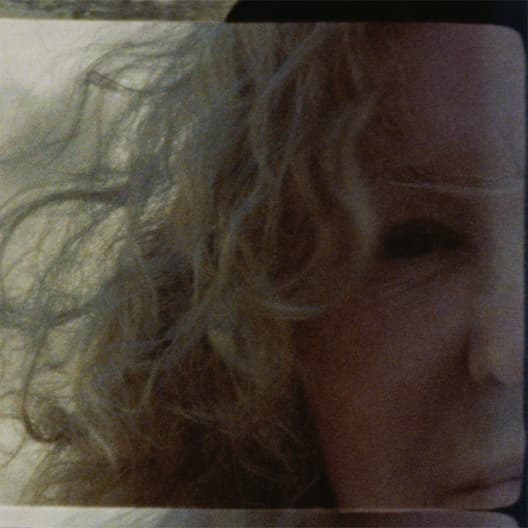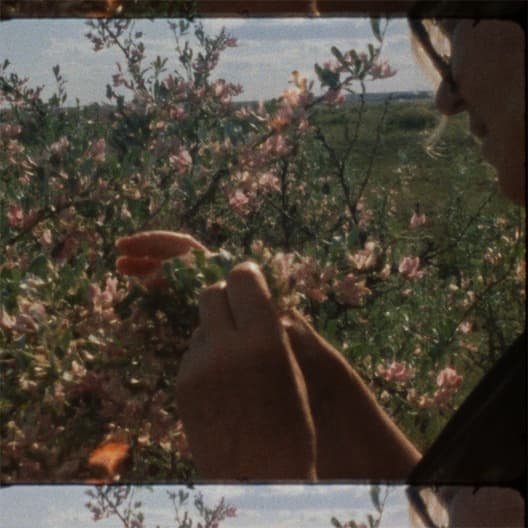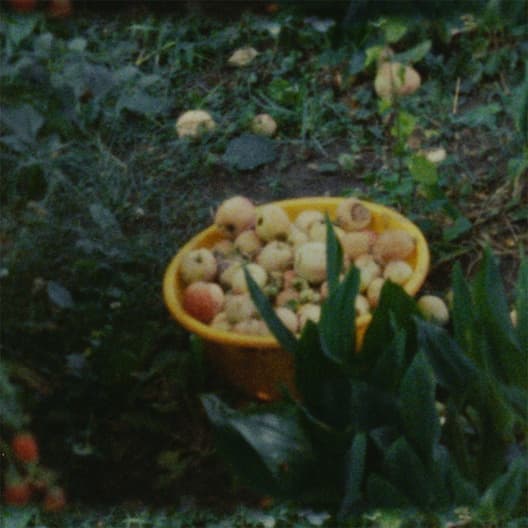The Friendship Garden investigates the land cultivation practices of Soviet women and their role in female self-expression, creativity, and independence.
Home-grown food provided the promise of autonomy in the authoritarian state, and gardens and allotments fostered intricate support structures that connected neighbors, scarce tools, labor, and produce. Like many other female practices of the Soviet era, gardening has been largely overlooked and has escaped artistic enquiry. The research opens up complex discussions around the state, the body, womanhood, the female connection to land, and friendship as an alternative economic force.
The starting point for the project is the history of Friendship, an allotment garden cooperative where Grotova’s great-grandmother Klavdia and her daughter Marina, the artist’s grandmother, had a plot for three decades starting from the 1960s, in the aftermath of their return from ALZHIR-Akmolinsk Camp for Wives of Traitors to the Motherland. Friendship was situated in the Urals, bordering the vast forest that camouflaged a myriad of nuclear research towns. The garden’s timeline ran parallel to the Cold War but existed outside official history, instead being in sync with the lunar cycles, plants, and lives of the female gardeners. The allotment garden was set up with the help of other women formerly imprisoned in ALZHIR and became a site where their trauma could be processed and their new-found freedom made sense of through engagement with the earth. Since the garden also served as the main source of food, the wellbeing of the family and all the neighbors depended on collaboration and, quite literally, friendship. The project delves into personal history and uses it as a prompt to imagine alternative economic systems based on friendship, cooperation, and care.
In 2021–2022, Grotova will visit women’s gardens that have been overlooked or erased from public memory. They are scattered from Yakutia and Kazakhstan to western Russia and Ukraine, each presenting a unique story and an empowering vision of perseverance and resistance. The artist will undertake the journeys to collect first-hand information, in order not to rely on the «official» narratives marked by patriarchal authority. Grotova is interested in re-actualizing the gardens’ lost histories and unraveling power’s relationship to memory and the politics of forgetting. Through her research and artistic work, the artist hopes to re-situate the grandmothers’ knowledge in the world.
Grotova will connect the material she finds through drawing, poetry, and film in a way that enables different elements to come into contact. She is particularly interested in soil as a record of time and sees rearranging of the soil, removing parts of it, as being akin to undoing personal history. In her paintings Grotova layers the pigments with drawings and cameraless photography, in a process that is closely connected with her grandmother and great-grandmother’s daily practice of digging and planting: acts that accompanied painful narratives and possibly helped to process them.
Status: 2021–2022
Researcher: Olga Grotova
